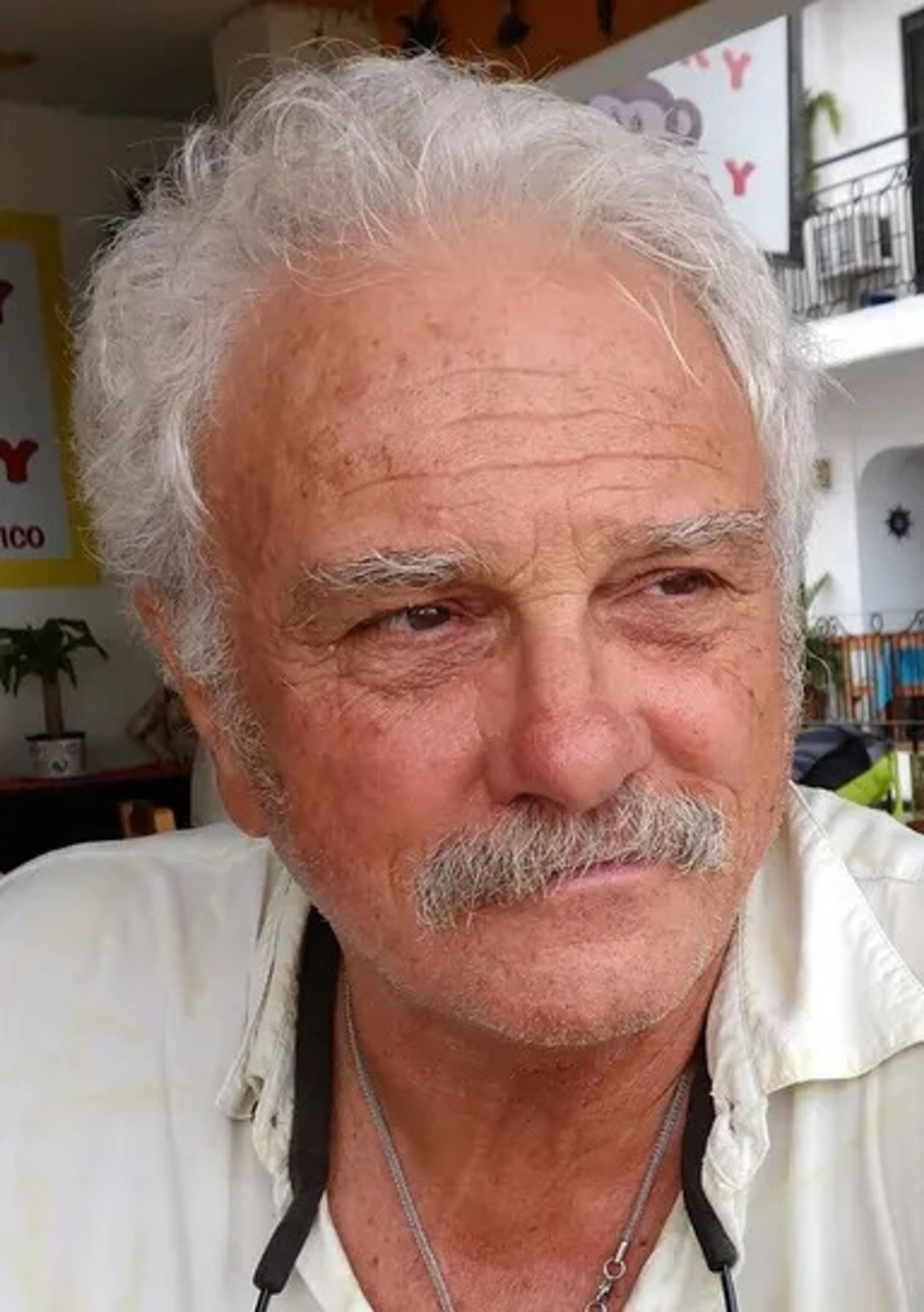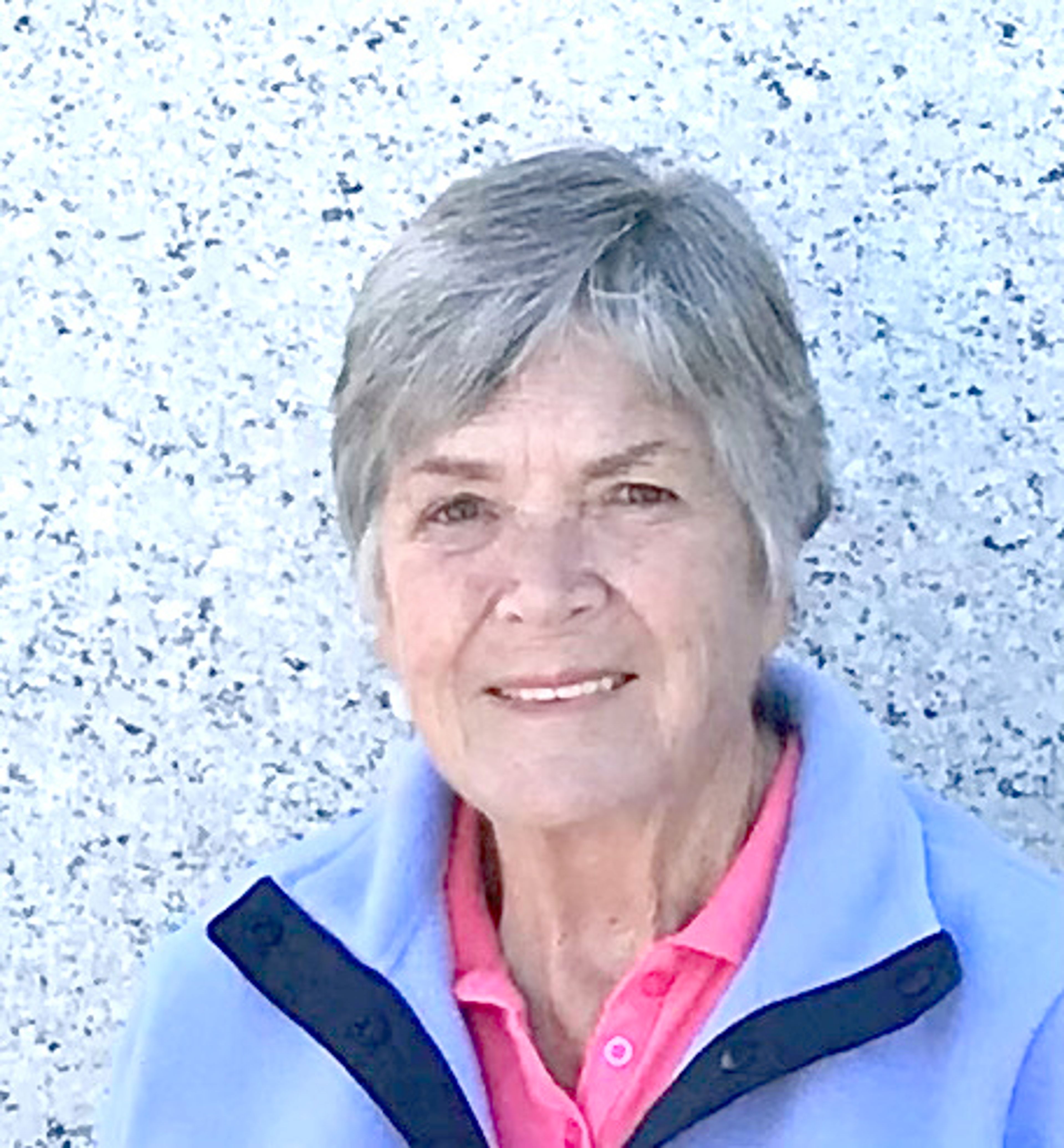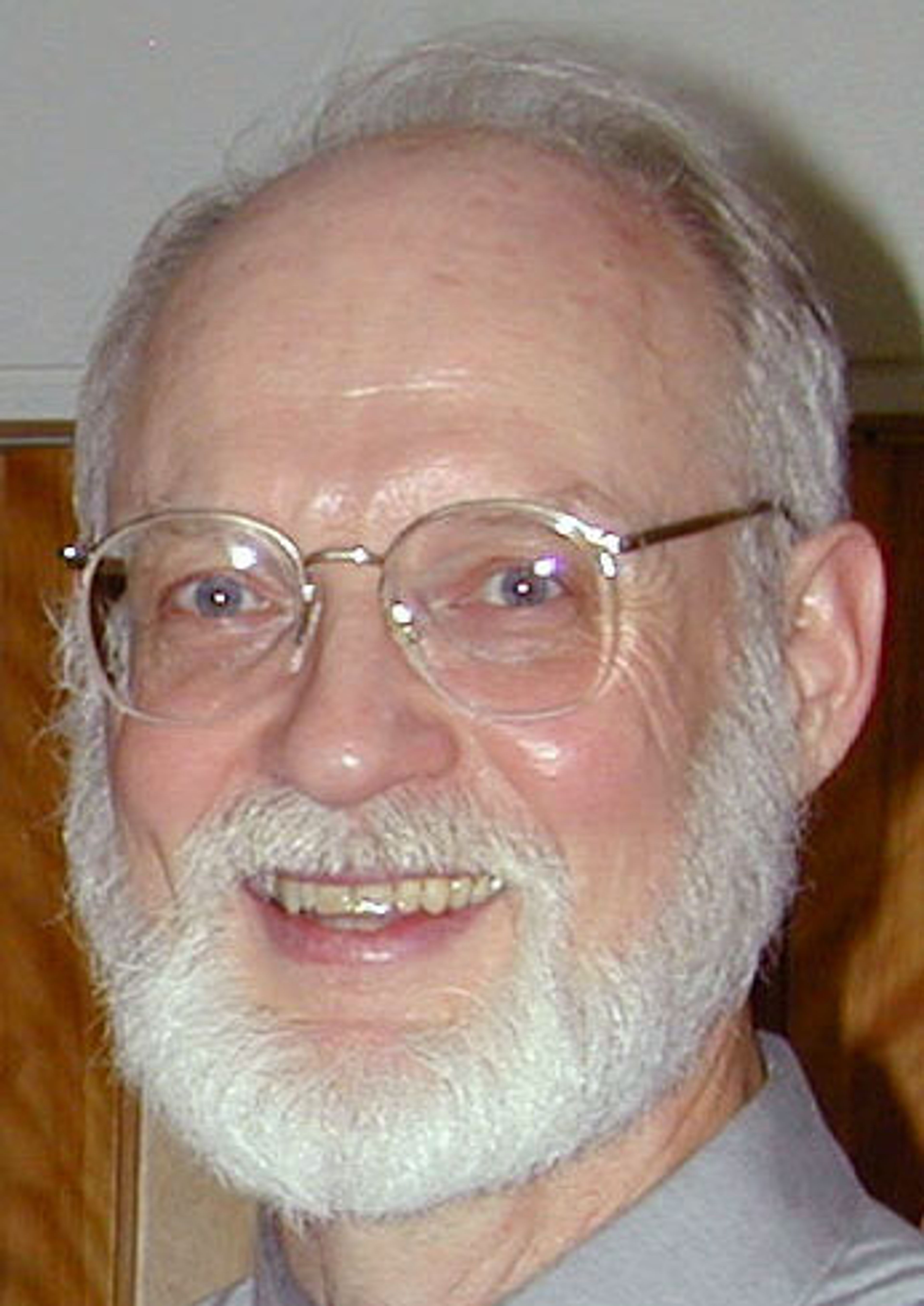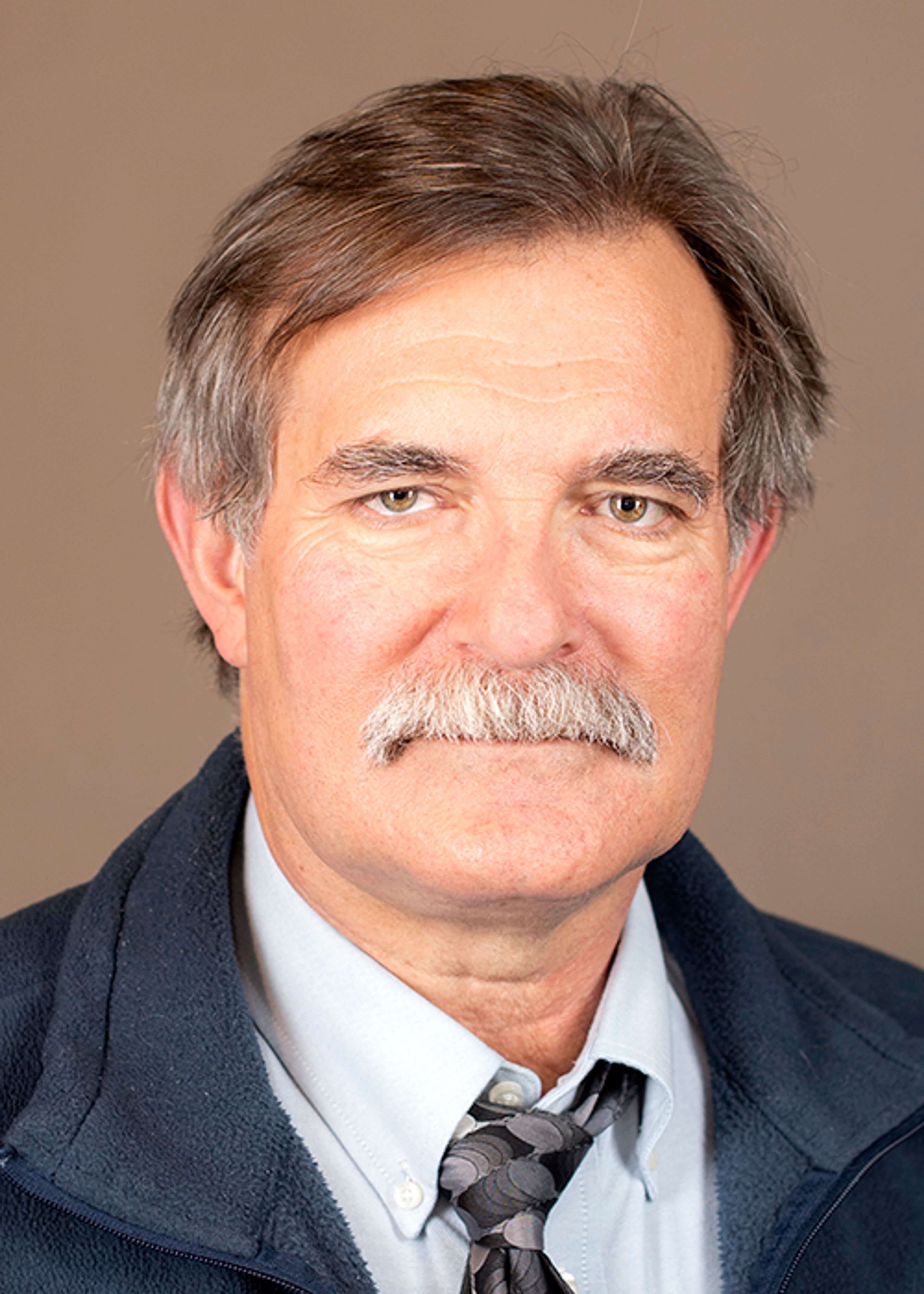There are these glimmers of light — these tasty morsels that assemble themselves at the edge of our plate. One such morsel is the farm-to-school program that aims to elevate students’ appreciation for locally grown, nutritious produce. As reported for the Daily News by Kathy Hedberg, the state of Washington is awarding $3.7 million to schools to promote this radical form of educational sanity. (Idaho also has such a program as part of the National Farm to School Network).
The grant monies are a pittance given the corpulent billions of dollars spewing from the petro-chemical animal feed troughs, the very machinery pumping out the colossal caloric sludge that public schools serve as part of the National School Breakfast and Lunch Program.
However miniscule, these farm-to-school programs hint at a different relationship between human and soil — or even better — hint at a relationship, full-stop. For close to 30 years, Alice Waters has been operating the Edible Schoolyard Project for low-income school districts in Oakland, Calif., to expose students to the interdependence between food and nature, food and social action. Inveterate food writer, Michael Pollan, observed that Waters’ program and those like hers transform food into “an edible medium of culture, science, ecology, and even social justice.”
Social justice and food? Nutritional injustices often take the form of deficient brain development (particularly during infancy) and eventually chronic diseases, and are a statistical likelihood inside of what are referred to as urban food deserts and rural food deserts. Just as blighted urban sacrifice zones lack access to affordable fresh fruits and vegetables, so do thinning rural enclaves where residents drive miles to sate their hunger on corn dog muffins from the Dollar Tree store. We are not lost on the pathetic irony of having once lived upon the richest soil on the planet, and then to have transformed that gift into jalapeno popper cheese curls and root beer float popsicles.
It’s hard to sidestep the mockery hoisted and defended by the industrial agriculture complex. After transportation, corporate food production is the hungriest carbon sector: natural gas essential for fertilizers and petroleum for pesticides. As Pollan reflects, “we are eating oil.” Worth more than a passing consideration as students are served federally subsidized carbon-infused sausages for breakfast and chomp down on petro-burgers for lunch. We tiptoe around these uncomfortable realities (menus) lest our benefactors in the form of CF Industries and Archer-Daniels-Midland lobby to remove even the pittance tossed into the farm-to-school grant hat.
Rather than school districts tacitly throwing their support to the unsustainable status quo of a maladaptive food supply chain, they ought to seize upon and greatly expand this gem of a program whose mission is to promote “holistic systems that integrate education, procurement, and school gardens.” There is far more at stake here than a bunch of curiously shaped organic carrots. There is the potential, however remote, of reclaiming a shared humanity, of breaking bread (with or without gluten) within a diverse community, and finding a rootedness in the soil from which life springs.
As I write this, I am staring at a magazine ad; it was printed in 1964. An ad for Banquet frozen dinner. I’m seeing those aluminum tray TV dinners. Remember those? The ad features “succulent turkey” and “old-fashioned dressing.” An adorably hip Mom donning a black felt pilgrim’s hat atop a Mary-Tyler-Moore flip hairstyle smiles at me while resting her impeccable pedicure along her rosy cheeks. The caption reads, “Ye Indians are hungry tonight. Be a friendly Pilgrim and serve your little tribe a real turkey dinner.”
What a conspicuous reminder of how faithfully our propaganda reflects not only who we are, but who we might want to be.
After years of globetrotting, Broadman finds himself writing from his perch on the Palouse and loving the view. His policy briefs can be found at US Renew News: www.usrenewnews.org.









